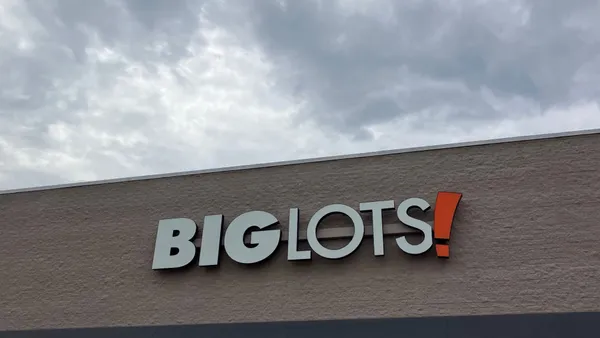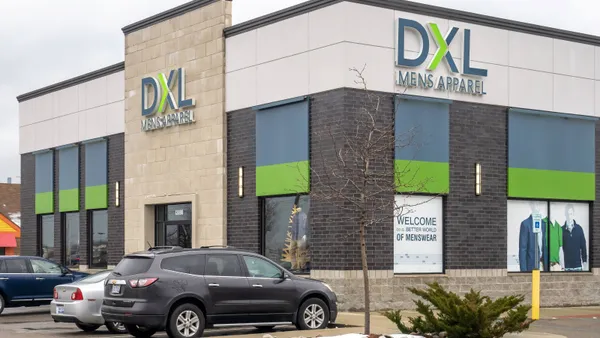Dive Brief:
-
Global consumer confidence ebbed somewhat in the first quarter, though it remains "historically high" even as the worldwide economy slows, according to The Conference Board Global Consumer Confidence Index.
-
More mature markets like Europe and North America saw sentiment soften the most, while among consumers in emerging markets it strengthened, according to the report. "Half of the 36 mature economies in the survey had an increase in confidence; 15 of 28 emerging markets also saw an increase in confidence," according to the organization's press release.
-
The outlooks on jobs and personal finances also vary among consumers in different parts of the world, according to the report. Overall, 58% say employment conditions will be "excellent" or "good" in the next 12 months, with the highest level of positivity found in Asia and North America and the greatest concern found in Europe. While 63% remain positive about their own finances, pessimism emerged in some areas, including Argentina, Venezuela, France, Italy, Russia and Turkey.
Dive Insight:
The vigorous levels of consumer confidence that is bolstering sales in much of the world may have reached their crest, according to the The Conference Board.
"In more than half the countries surveyed, consumers expressing concerns about the current state of the economy outnumbered those who were not concerned," Bart van Ark, The Conference Board's global chief economist, said in a statement. "And, the majority of global consumers do not expect conditions to become more favorable over the next twelve months. Despite consumers' caution with regard to spending, a pullback does not appear imminent. However, the current results seem to indicate that global consumer confidence may be peaking, suggesting that global economic growth may gradually slow in the coming quarters."
Other analysts have also recorded cracks in consumer confidence levels at home. "Down in four out of the past five months, consumer confidence is in a soft patch," Wells Fargo Senior Economist Tim Quinlan wrote in comments emailed to Retail Dive. "It is still elevated by historical standards so we're not yet worried about a retrenchment in spending, but last year's sugar high has worn off."
Last year's late stock market volatility has likely contributed to the softening, but indications that the job market is loosening is also likely contributing and higher gas prices may not be helping, he also said. "Confidence is also a reflection of the labor market — which remains supportive of sentiment — but is starting to show some cracks in the foundation," he wrote. "The share of consumers who see jobs as plentiful fell to the smallest share since June even as those who see jobs as hard to get rose for the second time in two months. Gas prices were largely higher in March, which may be behind the rise in average inflation expectations, a bit of a trend reversal."














